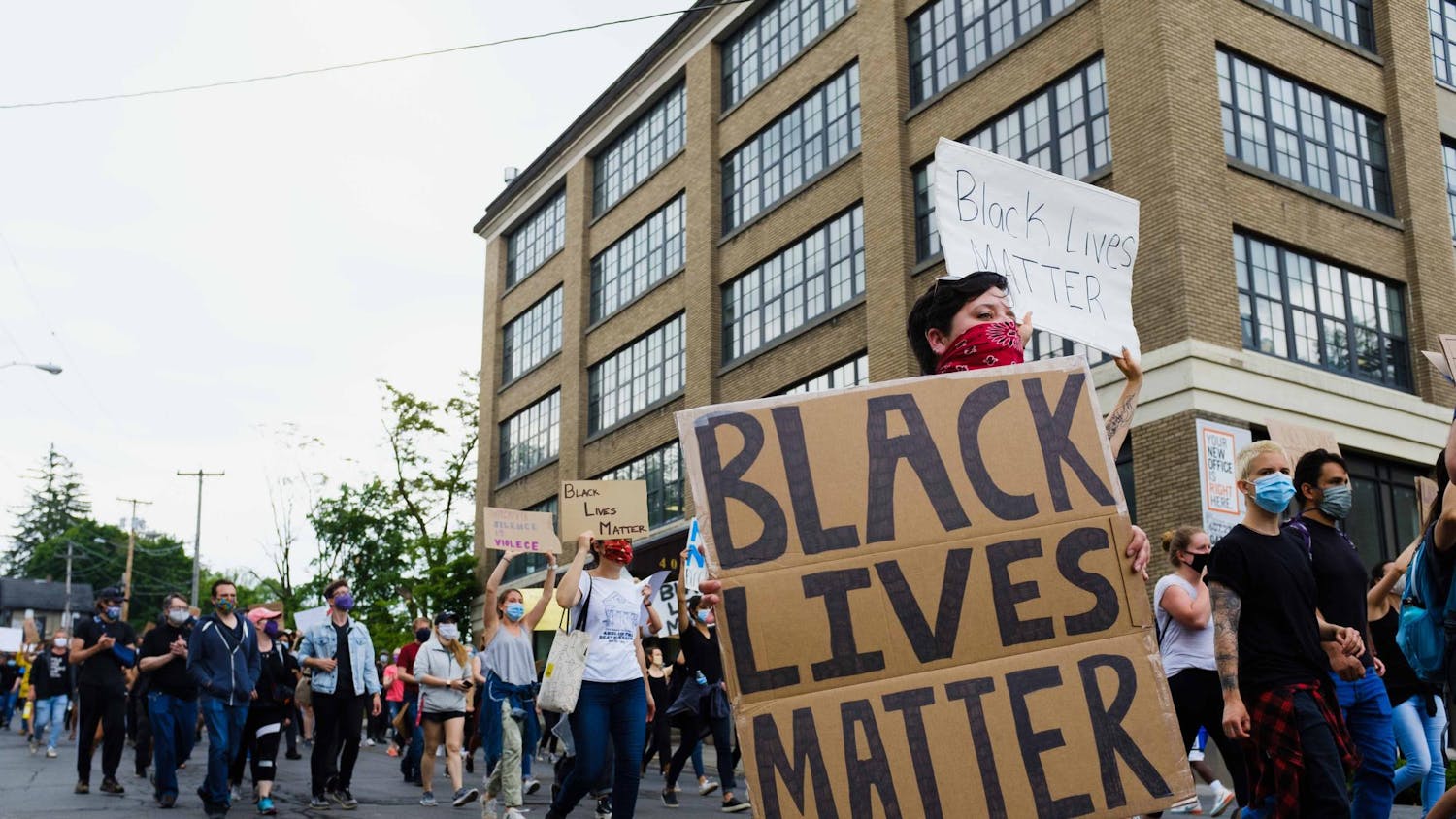During its meeting on Thursday, the Student Assembly passed Resolution 28 which protects Cornellians’ free expression and the right to protest on campus. The assembly also debated Resolution 29, which amended election rules determining the next S.A. election cycle’s procedures.
Isaac Chasen ’23, co-president of Cornell ACLU and Sun columnist, proposed Resolution 28 and stated that this resolution aims to reaffirm the S.A.’s supportive attitude towards free speech in the current context of controversies, such as Elon Musk’s claim of free speech suppression on Twitter.
“Freedom of speech and the rights of protest are values that have embodied our University ever since its founding, and embodied the U.S. as a whole,” Chasen said. “The right to protest and the right to organize have led to changes on campus ranging from civil rights in the 60s and 70s up until climate action today.”
After S.A. Representative Shelby Williams ’25 read through the full resolution, it passed unanimously.
Next, Rahul Verma ’24, department of elections chair, introduced Resolution 29, which proposes modifying S.A. election procedures. It suggests including the Office of Ethics in the election process and adopting online platforms for voting.
After the resolution was introduced, many S.A. members voiced additional concerns regarding S.A. election producers.
Pedro Da Silveira ’25, College of Engineering representative, raised doubts about the current endorsement policy where candidates, besides the president and vice president, can endorse other candidates. Michelle Song ’25, vice president of Diversity and Inclusion and undesignated representative at-large, suggested a slating process, where candidates could be elected together as a group.
However, freshman representative Bahram Mehretu '26 directly rejected Song’s suggestion and explained the harm of slating, arguing that slating creates barriers for newcomers to change the political structure.
“We are making it much more difficult for transfer students and freshmen who are just coming into Cornell to be involved in these elections,” Mehretu said. “New candidates who are just in the sphere who want to make changes, or candidates who just haven't been involved in Cornell's Student Assembly political structure, can't get in as easily.”
Naveen Sharma '24, director of the S.A. Office of Ethics, explained while slating has the ability to create multiple perspectives and choices for students, it still limits the ability for students to make informed decisions on candidates by forcing them to conform to the ideas of a slate.
Song countered by saying that slating promotes efficiency and creates a multifaceted assembly — without groups, each candidate needs to individually reach out to clubs and organizations for endorsements. She added that it is unreasonable to conclude that slating would only create binary parties in the Student Assembly.
“If we want to talk about an actual barrier to entry, [it is] that individual candidates have to go to multiple organizations, one by one, [taking up] so much of their time, so much of their resources, [and they don’t] have the connections to even get an email response back,” Song said.
Still, Sharma rebutted that regardless of the number of sides slating creates, the divisive atmosphere it produces is inevitable, which prevents S.A. members from working together productively.
Valencia reminded the S.A. that passing the original resolution was time-sensitive as the tentative schedule of the election was to be published the next day. She noted that she appreciated that S.A. members were considering more equitable and efficient procedures, but that these changes would have to be brought up in later resolutions. After Valencia’s clarification, the resolution passed with the amendment permitting slating.
“It's good that we're having this discussion, but it's a very messy discussion,” Valencia said. “We don't have the language. We don't have anything. We're not ready to make [all these] changes now.”
Correction, March 20, 11:50 a.m.:A previous version of this article incorrectly quoted some members of the Student Assembly and misinterpreted the slating process deliberations. The Sun deeply regrets this error, and the article has been corrected.











